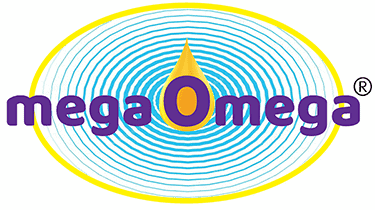
Omega-3 Deficiency: Signs and Symptoms
How do I know if I have Omega-3 deficiency?
Omega-3 fats (technically fatty acids) are essential to the human body and have benefits for our heart, brain, eyes and joints.
By reducing inflammation, blood clots and improving membrane function, omega-3 fats are associated with a lower risk of heart complications – including heart disease, plaque build-up and heart attacks – both in persons with a history of heart disease and in healthy individuals.
Omega-3 fats also seem to be important for optimal brain development in babies, and mental function, particularly later in life.
For pregnant women, an intake of omega-3 fats supports normal visual development in the foetus. In short, the addition of omega-3 fats to the diet is important to maintaining both our physical and mental health.
There are potential benefits of omega-3 oils in a wide range of medical conditions. Here are some of the signs and symptoms associated with low essential fatty acid:
- Dry flaky skin
- Cracking, peeling skin
- Colour variation of skin
- Excessive thirst
- Excessive ear wax
- Dry mouth/throat
- Menstrual cramps
- Dry eyes
- Vaginal dryness
- Premenstrual breast tenderness
- Dry, lacklustre, brittle hair
- Brittle fingernails
- Small bumps on back of upper arms
- Dandruff or cradle cap
How can you find out?
If you would like to check your levels of Omega-3 essential fatty acids, testing is available. An Omega-3 Index test can give you a percentage, which is simply a measure of the amount of EPA and DHA in your blood.
You can have your Omega-3 levels tested professionally, click here.


